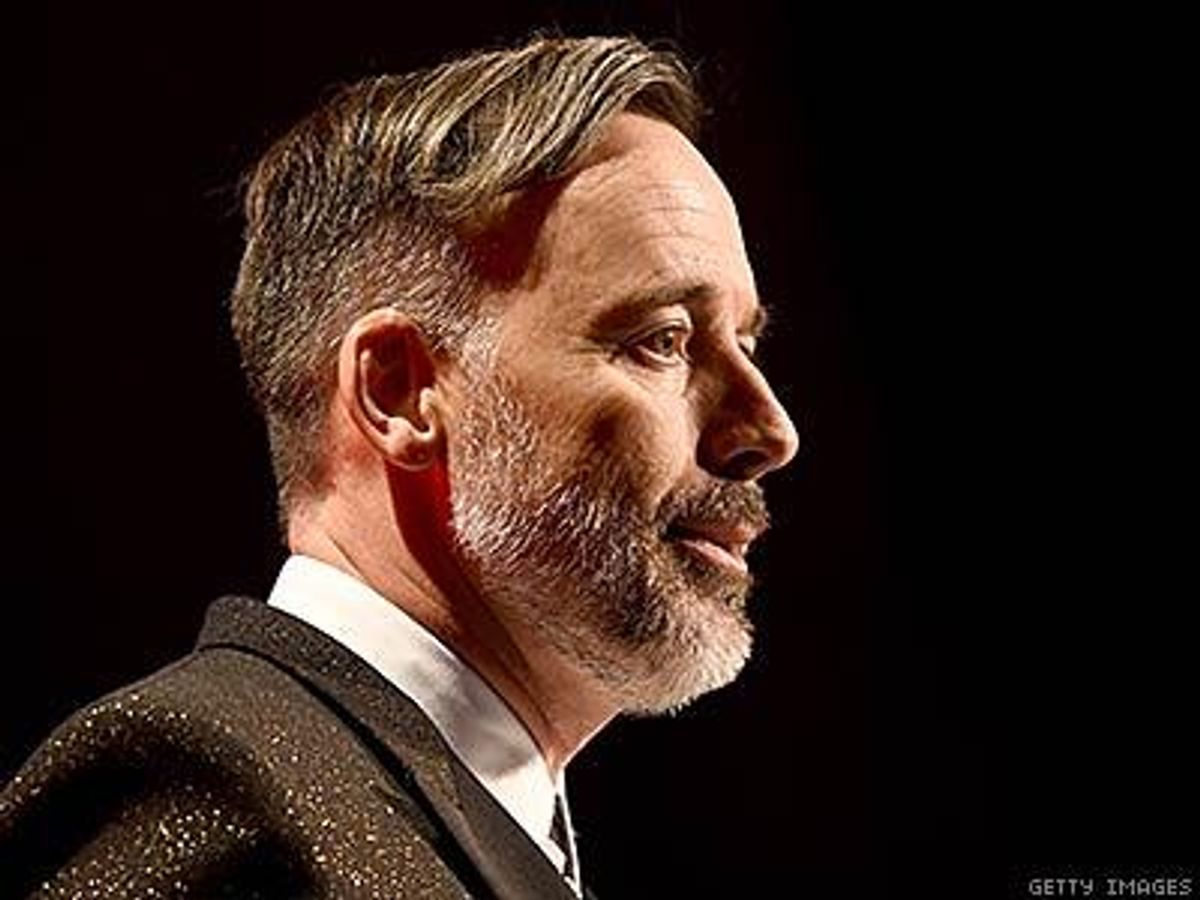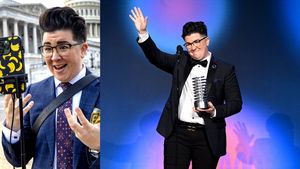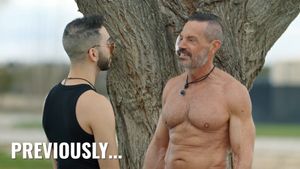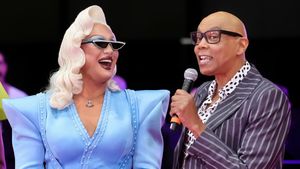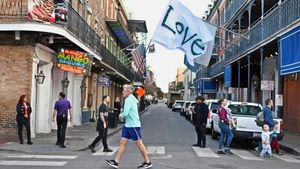When a friend recently forwarded me an interview with two gay teenagers living in Shreveport, La., one of whom is HIV-positive, I knew what it was about before I even clicked the link. Or so I thought. As the chairman of the Elton John AIDS Foundation, I’ve heard countless stories about young gay men in the Deep South grappling with discrimination, stigma, and lack of access to vital health care services. I braced myself for another sad tale about a closeted couple grappling with the confusion and suffering that often surrounds an HIV diagnosis in Louisiana.
But this story was different.
Josh and Chanse were already dating when they got tested together at The Philadelphia Center in Shreveport and learned that Chanse was HIV positive.
“My freak-out lasted about five minutes,” Chanse said. “And then I wanted to know everything there was about treatment.”
After Josh’s results came back negative, the staff at the Philadelphia Center, a local AIDS service agency, informed Josh and Chanse about treatment and prevention options. Chanse understood the seriousness of his condition, but he decided he wouldn’t let it define him. Josh supported his partner completely and talked to his doctor about PrEP. Today, they practice safe sex, and Josh gets tested every three months. Together, Chanse and Josh have stayed in school, lead open and healthy lives, and even do HIV outreach work in their spare time.
As I took in the wisdom and maturity of these two teenagers, I found myself reflecting on why their story moved me so much. Josh and Chanse inspire me because they represent the solution to the biggest challenges our community faces when it comes to HIV: silence and stigma. When we are silent about HIV or stigmatize those who have it, we encourage and induce the spread of the epidemic. If a young gay man in the South doesn’t know to get tested, or is afraid to because of the stigma of being HIV positive, that’s how the epidemic spreads. If we blame those who get HIV, instead of connecting them with health care services, that’s how we encourage future infections.
In many ways, Josh and Chanse are lucky. They have loving families who support their relationship. They have lots of friends who accept them for who they are. But what impresses me so much about Josh and Chanse is their refusal to be silent about HIV. Instead of keeping it a secret and instead of getting angry, this young couple got tested, learned about their options, and supported each other throughout. To me, they are the model for how a young, gay couple can and should deal with HIV. Josh and Chanse have showed us the best possible response to the HIV/AIDS epidemic.
After I read Josh and Chanse’s story, I tried imagining a world where everyone’s story is like theirs. A world with supportive families that accept their gay sons and daughters, a world with LBGTQ friendly health-care facilities, a world where couples routinely get tested for HIV, practice safe sex, and use PrEP if it’s right for them. To me, that world is a better world, a more compassionate and healthy world. Today, in the United States, more than 10,000 young people become newly HIV positive every year. But in a world where Josh and Chanse’s story is the norm, that number would be close to zero.
We can make that world a reality by promoting knowledge, medicine, and compassion in the place of silence and stigma. None of that is easy, I know. But it’s worth it. If we can manage to replace silence and stigma with openness and information, we can put an end to this epidemic once and for all.
And that’s a world worth fighting for.
DAVID FURNISH is the chairman of the Elton John AIDS Foundation.
